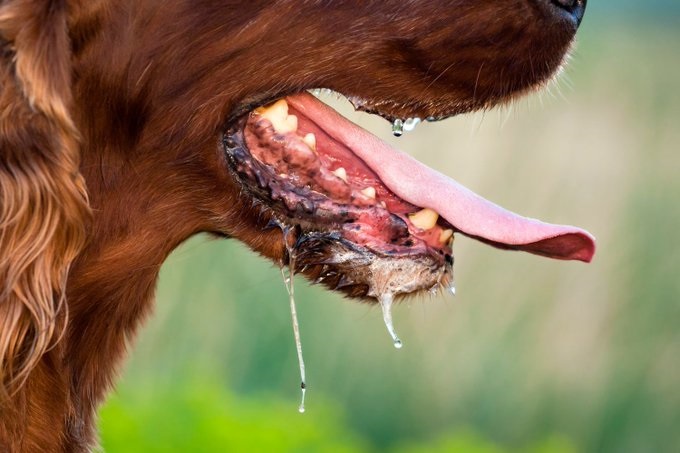Lerato Mbhiza
THE Department of Agriculture, Land Reform and Rural Development has issued a warning after a rabies outbreak particularly in KwaZulu-Natal and the Eastern Cape that are listed as high-risk areas.
However, the department has also cautioned that rabies may occur anywhere in the country and its spokesperson, Reggie Ngcobo, said residents are advised to avoid touching stray animals.
“The coastal areas of KwaZulu-Natal and Eastern Cape are at a particularly high risk for rabies. The public is advised not to approach, touch, or pick up stray dogs and cats from these areas for whatever purpose,” said Ngcobo.
People are encouraged to report stray animals to local welfare authorities and to support these organisations in caring for such animals.
“Remember that rabies may occur anywhere in South Africa and therefore avoid the handling of animals that you do not know”.
Ngcobo said all domestic animal owners should ensure that they are properly vaccinated.
“All dogs and cats must be correctly vaccinated against rabies, as required by law. This is how you can protect your pets and family.
“Enquire with your local state veterinarian, animal health technician, private veterinarian, or animal welfare organisation for access to rabies vaccinations.
“Therefore, if you suspect that you have been exposed to an animal that may have rabies, it is critically important to wash the wound very well with soap under running water and to immediately seek preventative treatment at your nearest healthcare facility.”
Rabies is a potentially fatal viral infection transmitted through the saliva of infected animals. Transmission occurs when an infected animal bites, scratches, or licks a person.
Initial symptoms of rabies mimic those of the flu, including weakness, fever, and headaches and the department has issued the warning in light of the festive season where people will be traveling from one province to the other in the next few days.
INSIDE POLITICS

